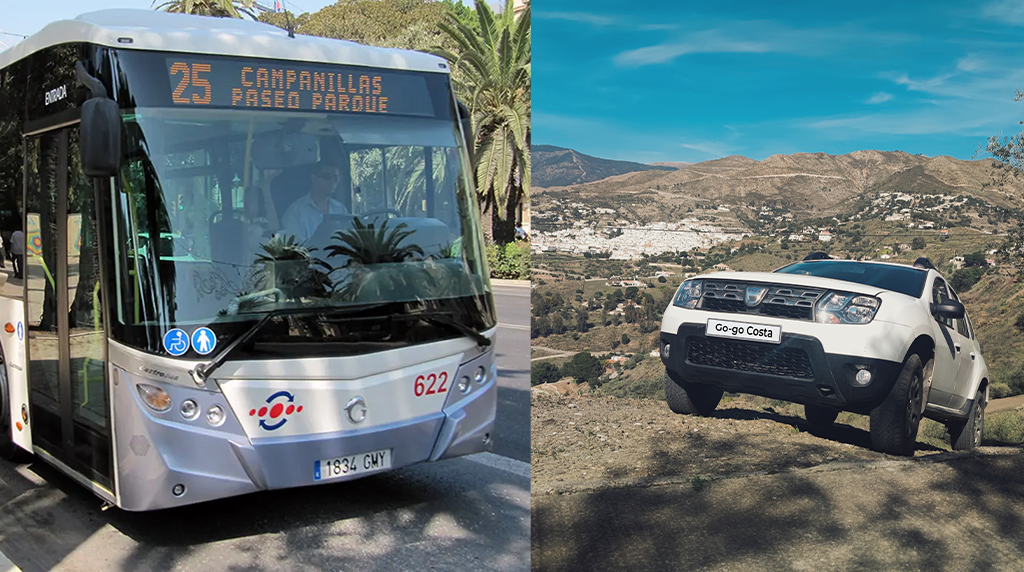Blog Detail

Spain’s Digital Nomad Visa: Pros & Cons
Spain’s Digital Nomad Visa
Spain is a highly desirable place to live for a number of reasons. One of the main draws of the country is its climate, which is mild and Mediterranean, making it an appealing option for those who want to escape colder weather. In addition to the climate, Spain is also rich in culture and history, Spanish food is widely regarded as delicious, and there are many regional specialties to explore, including tapas, paella, and wine. Compared to other western European countries, the cost of living in Spain is relatively affordable, with lower rents and food costs. For those looking for a slower pace of life, Spain’s laid-back and relaxed lifestyle can be very appealing. Additionally, Spain is home to beautiful natural landscapes, including beaches, mountains, and national parks, making it a great destination for outdoor enthusiasts.
Spain’s Digital Nomad Visa: Pros & Cons
If all of this sounds good to you, you might want to have a look at the concept of Digital nomad visas which are a type of visa designed to allow remote workers, freelancers, entrepreneurs, and other location-independent professionals to live and work in a foreign country for an extended period, usually up to one year or more.
The Spanish digital nomad visa, is a recently introduced type of visa designed for remote workers or digital nomads who want to live and work in Spain.
The visa allows non-EU citizens to stay in Spain for up to one year, with the possibility of renewal for another year, as long as they meet certain criteria. Applicants must demonstrate that they have sufficient financial means to support themselves while in Spain, as well as health insurance coverage.
To be eligible for the visa, applicants must also provide proof of their remote work or freelance activities, such as contracts, invoices, or evidence of online work. They must also provide a criminal record certificate and obtain a medical certificate, among other requirements.
The minimum requirement for this kind of visa will be between €2,000 and €3,000 monthly, depending on your civil status, according to a Business Insider report.
Once the visa is approved, the applicant will be able to live and work in Spain without the need for a work permit or residency authorization.
Overall, the Spanish digital nomad visa provides an opportunity for remote workers to experience the culture and lifestyle of Spain while continuing to work and earn a living.
Previously, numerous foreigners who wanted to stay in Spain faced a common issue. While some had no intention of conducting any economic activities in Spain, others desired to work for a foreign company or provide services to international clients while indulging in the Spanish lifestyle. In such cases The non-lucrative or non-profit residency was perhaps the only option, but it prohibited any economic activity.
However, the new visa under the startup law now offers an uncomplicated solution for foreigners to regularize their status and work remotely & legally from Spain. Three types of foreigners could benefit from the new residence permit: those working remotely for a company outside Spanish territory, digital nomads with varying sources of online income who travel worldwide (including freelancers), and individuals working for a foreign company situated in Spain.
Spain’s digital nomad visa offers several advantages for those looking to work remotely in a new cultural environment. One of the biggest advantages is the opportunity to experience Spain’s unique culture and language while maintaining a job. Additionally, the cost of living in Spain is relatively affordable compared to other European countries, making it an attractive destination for digital nomads.
Another advantage of the digital nomad visa is that it is relatively easy to obtain. Unlike some other countries, applicants do not need a job offer or a particular skill set to qualify. The application process is also straightforward, making it a convenient option for those looking to relocate.
The digital nomad visa is valid for up to one year, with the option to renew for another year, providing flexibility for those who wish to extend their stay. This makes it an ideal choice for digital nomads who prefer a more long-term solution for remote work.
While Spain’s digital nomad visa offers many advantages, there are
also some notable drawbacks to consider. One major disadvantage is that
the visa only allows digital nomads to work remotely for foreign
companies or clients, and prohibits any business activities that
generate income or profits within Spain. This can be limiting for some
digital nomads who wish to establish a b


















Comments
Leave Your Comments